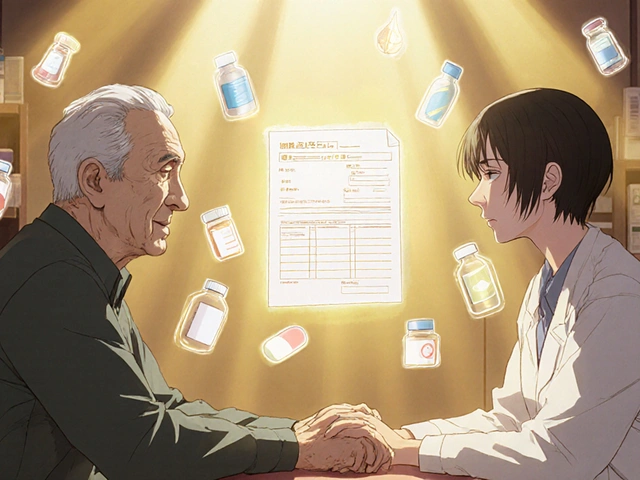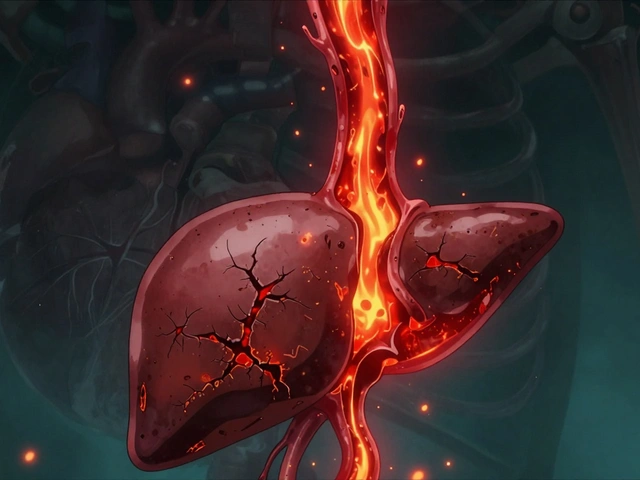Multiple Myeloma — What to Watch For and What You Can Do
Here's a sharp fact: multiple myeloma is a blood cancer that often hides behind vague symptoms at first. Fatigue, bone pain, repeated infections, and unexplained bruising are common early clues. If you feel something is off for weeks—especially if you're over 60—take those signs seriously and get them checked.
How doctors find multiple myeloma
Diagnosis usually starts with a few simple tests. A blood count and chemistry panel can show anemia, high calcium, or kidney trouble. Your doctor may order serum protein electrophoresis (SPEP) to look for abnormal antibodies, and a urine test for light chains. If those look unusual, the next step is a bone marrow biopsy to confirm how many abnormal plasma cells are present. Imaging — X-ray, MRI, or PET/CT — checks for bone damage.
Don’t wait for every symptom to line up. If routine labs show kidney strain or high calcium without a clear cause, ask your clinician whether myeloma testing makes sense. Early detection can change treatment choices and outcomes.
Treatment options and everyday management
Treatment mixes fast-acting control with long-term maintenance. Common approaches include oral or IV medications that target plasma cells (such as proteasome inhibitors and immunomodulators), monoclonal antibodies, and steroids. For many eligible patients, a stem cell transplant offers a strong remission option. Doctors also use bone-strengthening drugs like bisphosphonates (zoledronic acid) to reduce fractures and treat bone pain.
Managing side effects is part of care: expect strategies for infection prevention, hydration and kidney support, pain control, and fatigue management. Vaccinations, hand hygiene, and quick treatment for fevers matter—your immune system can be weaker during therapy. Ask your team about dental checks before starting bisphosphonates and about blood clot prevention if you’re on certain drugs.
Practical tips that help day-to-day: keep a symptom log (pain, fevers, urine changes), carry a list of current meds, and bring questions to appointments. Examples: "What side effects should I report right away?" or "Are there trials I qualify for?" If treatment affects your energy, plan demanding tasks for better days and accept help with chores.
Clinical trials often offer access to new drugs and combinations. If standard choices aren’t working or you want cutting-edge care, ask whether trials are an option. Also look for local support groups and financial counseling—treatment can be complex and costly, and practical help matters.
Multiple myeloma care is personalized. Some patients live years with good control; others need several treatment changes. Stay curious, ask clear questions, and partner with a hematologist who knows myeloma well. If you want, check related resources on this site for drug guides, managing side effects, and finding safe pharmacies.

Dental Care's Role in Multiple Myeloma
Dental care is crucial for patients with multiple myeloma due to their increased vulnerability to oral infections and complications. Understanding the specific oral health challenges faced by these patients can aid in maintaining their overall health. From managing medication side effects to regular dental check-ups, there's a lot involved in ensuring optimal oral health. This article delves into the connection between multiple myeloma and dental health, offering practical tips for patients and caregivers. Stay informed and proactive in managing oral health alongside cancer treatment.
Detail




